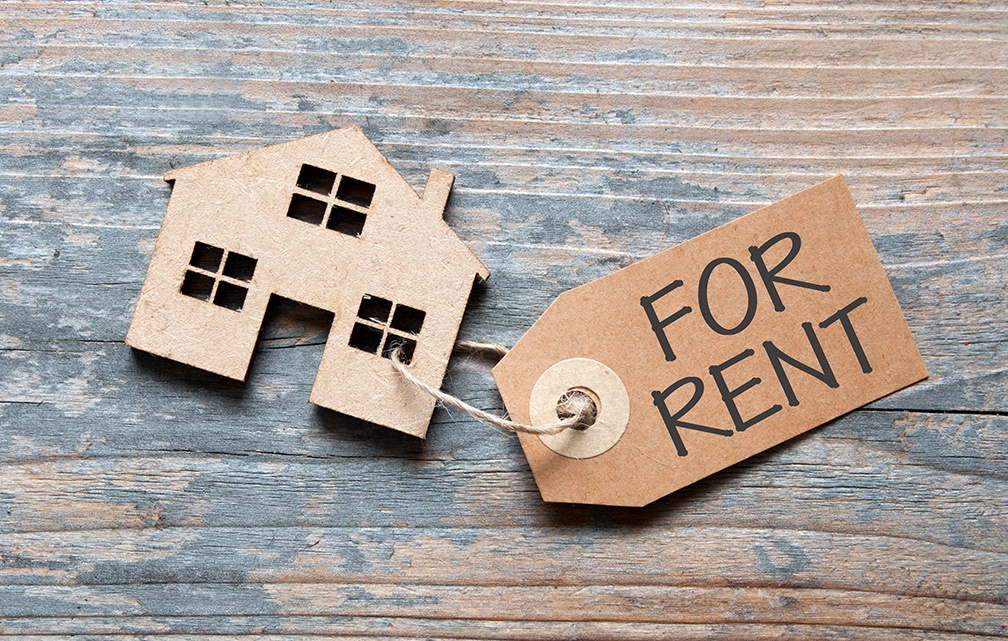 The real estate market has gone through a number of changes during the past few months. When inventory is low, sellers win. They have the ability to pick a buyer, they can make more money, and they can sell a house faster. What are some of the biggest reasons why sellers win when inventory is low?
The real estate market has gone through a number of changes during the past few months. When inventory is low, sellers win. They have the ability to pick a buyer, they can make more money, and they can sell a house faster. What are some of the biggest reasons why sellers win when inventory is low?
The Asking Price Goes Up
One of the biggest reasons why sellers win when inventory is low is that the asking price goes up. When there are more buyers than there are sellers, a seller may have multiple offers on the table. Then, the seller can leverage those offers against each other, driving up the price of the house. This could allow sellers to get thousands of dollars over the asking price for their homes.
Sellers Maximize The Return
When sellers drive up the asking price of a house, this also increases the equity they have in their homes. When sellers have a mortgage, the monthly payment does not change much over the life of that mortgage; however, when the value of the house rises, this means sellers have more equity in their homes. They can do a lot with this equity. They can sell the house, pocket the extra equity, and either put it toward a new house or deposit it into their retirement account.
The Seller Can Dictate The Terms
Finally, when inventory is low, sellers have the ability to dictate the terms. For example, a seller might be selling a house that has a wide variety of repairs. When inventory is low, sellers do not necessarily have to do these repairs. They know there are so many people looking for houses that someone will be willing to purchase the house without asking for repairs to be made. Sellers might even ask for cash offers only. This allows the seller to avoid certain closing expenses and walk away with more cash.
Sellers Win When Inventory Is Low
The real estate market fluctuates over time; however, when inventory is low, sellers win. Because there is less competition on the market, sellers can get multiple offers on the table. This allows them to drive the negotiation, getting as much money as possible for their house.
 There are numerous homeowners who are looking for a way to make more space. Even a small decluttering project can make a significant difference to the amount of space available in a home. This can also make it easier for homeowners to find what they are looking for. Furthermore, if a home is going on the market in the near future, it needs to be as clean as possible. That way, prospective buyers can see the potential of a home. What are a few examples of decluttering projects that can make a significant difference?
There are numerous homeowners who are looking for a way to make more space. Even a small decluttering project can make a significant difference to the amount of space available in a home. This can also make it easier for homeowners to find what they are looking for. Furthermore, if a home is going on the market in the near future, it needs to be as clean as possible. That way, prospective buyers can see the potential of a home. What are a few examples of decluttering projects that can make a significant difference? There are many people who are thinking about refinancing their homes. For example, some people may be interested in reducing their monthly payments, while other people may be interested in tapping into the value of the home to fund a home improvement project. What is the relationship between property values and refinancing? There are several important points to keep in mind.
There are many people who are thinking about refinancing their homes. For example, some people may be interested in reducing their monthly payments, while other people may be interested in tapping into the value of the home to fund a home improvement project. What is the relationship between property values and refinancing? There are several important points to keep in mind.  Rent has gone up significantly during the past year. Even though it is not unusual for rent to go up over time, the average rent across the country has increased significantly during the past year. This means that the average rent will probably be even higher next year than it is this year. Even though this is one of the biggest deterrents against renting, there are other reasons to get out of the rental market as well.
Rent has gone up significantly during the past year. Even though it is not unusual for rent to go up over time, the average rent across the country has increased significantly during the past year. This means that the average rent will probably be even higher next year than it is this year. Even though this is one of the biggest deterrents against renting, there are other reasons to get out of the rental market as well.  The most popular time of year to sell a home is the summer. There are a lot of families with children who prefer to move during the summer because they do not want to move their children during the school year. In contrast, many people do not like to move during the winter. It can be difficult to request extra time off of work, particularly during the holiday season. At the same time, it is still possible to sell a home during the winter. What are a few tips homeowners need to follow to sell a home during the winter?
The most popular time of year to sell a home is the summer. There are a lot of families with children who prefer to move during the summer because they do not want to move their children during the school year. In contrast, many people do not like to move during the winter. It can be difficult to request extra time off of work, particularly during the holiday season. At the same time, it is still possible to sell a home during the winter. What are a few tips homeowners need to follow to sell a home during the winter?  Purchasing a home is a major decision, and it could be the most expensive financial transaction somebody ever makes. Therefore, it is important to get this right. One of the biggest hurdles for a new homeowner is coming up with enough money for the down payment. A lot of people believe they require 20 percent down to purchase a home. Saving this amount of money can be overwhelming, and some people are wondering, is this really necessary? There are several key points to keep in mind.
Purchasing a home is a major decision, and it could be the most expensive financial transaction somebody ever makes. Therefore, it is important to get this right. One of the biggest hurdles for a new homeowner is coming up with enough money for the down payment. A lot of people believe they require 20 percent down to purchase a home. Saving this amount of money can be overwhelming, and some people are wondering, is this really necessary? There are several key points to keep in mind.